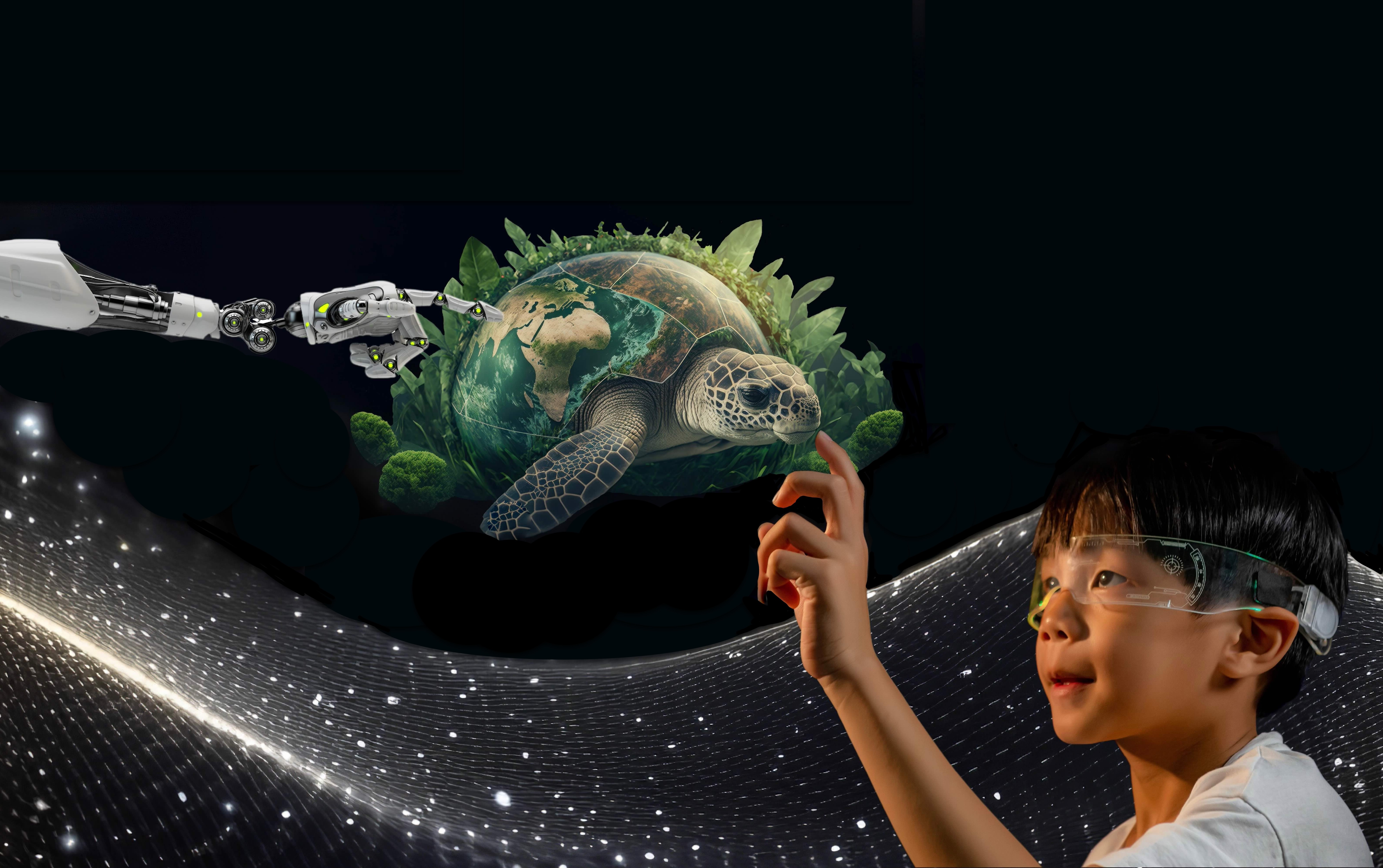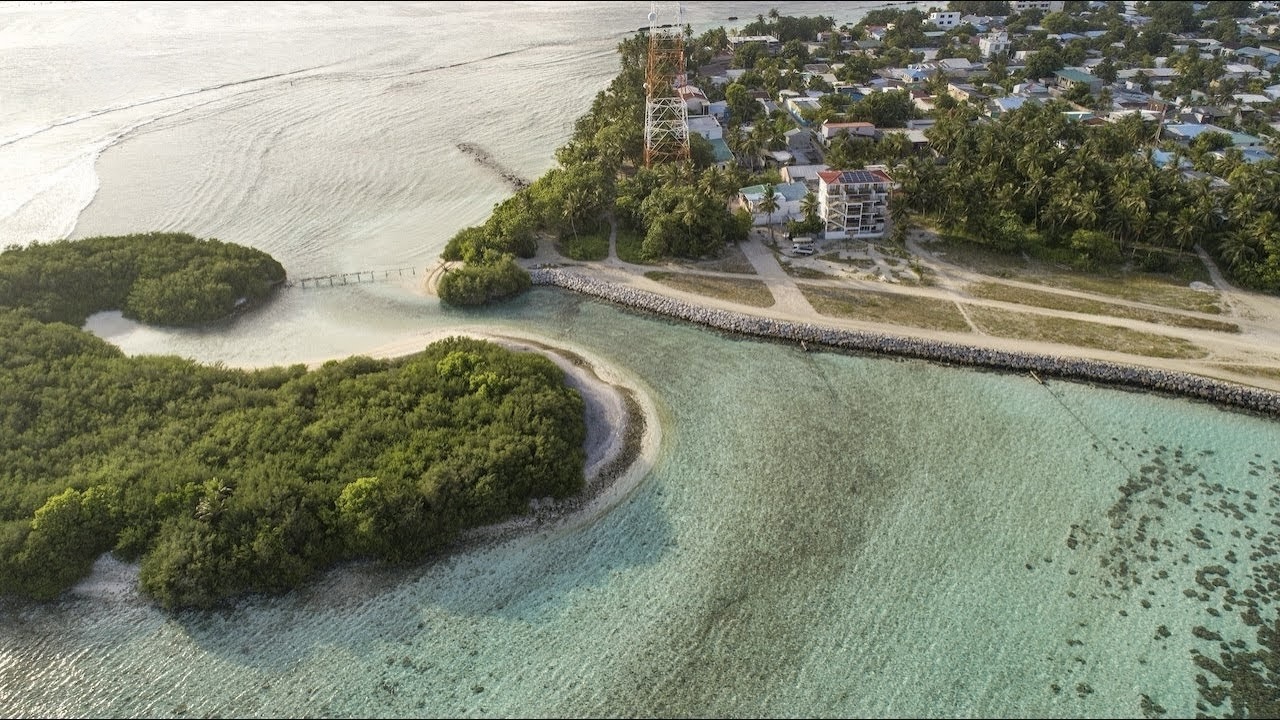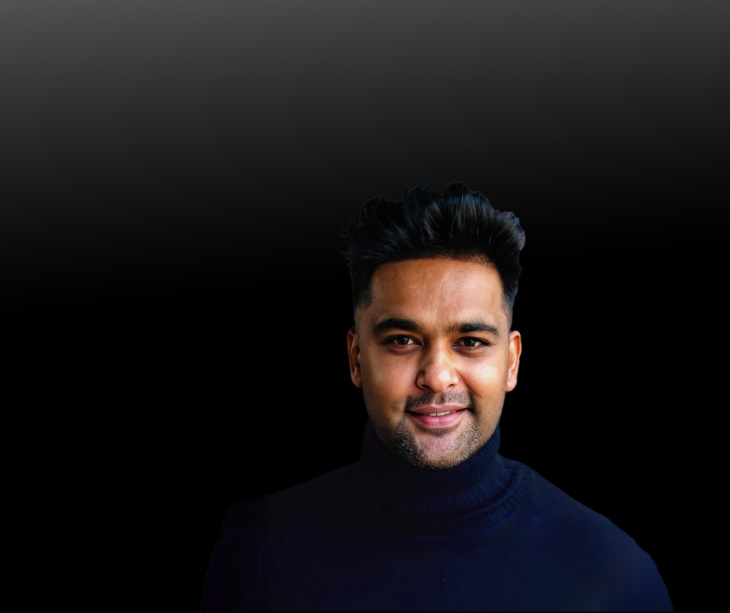Our Pedagogy
To Inspire Free Thinking


“Child is the true curriculum”.
- Sally Haughey
Free-thinking inspired fluidity
The goals of our curriculum are to foster the growth of the whole child and to stimulate crucial neurodevelopment in our students using a holistic, thematic approach. Our curriculum is structured in a way that teaching and learning foster children's innate curiosity and inspire their imagination. At the core of our philosophy is the belief that every child can reach their full intellectual, social, physical, and emotional potential if given the opportunity to develop a positive, purposeful, and successful motivation to learn.
“Do you know me well enough to teach me?”
We adhere to the philosophy that each child is an individual with their own set of unique needs for educational success. Acting on the question, “Do you know me well enough to teach me?” we use our students' interests, motivations, anticipations, and questions about the upcoming school year as a lens through which to guide our teaching. Our teachers can foster meaningful relationships with their students due to our small class sizes, laying the groundwork for a productive and individualized academic year. Our educators spend considerable time on diagnostics to learn about each student within the context of the curriculum to promote the growth of student curiosity and ultimately address the following:
- How children are competent and eager learners whose natural curiosity yields rich learning trajectories.
- That a child's learning is integrative and holistic, and subject-specific knowledge is best acquired through experiences generated by their surroundings.
- The assurance that no one aspect of a child's development takes precedence, it is essential to provide them with opportunities to grow in all areas, including physical and motor, linguistic, cognitive, social, and emotional.
Creative and adaptive curriculum
Our classes are innovative and flexible. They are adaptable to the needs of each child and their unique interests and abilities. As a result, our educators creatively adapt the subjects to meet each child's favourite way of learning.
Our creative curriculum has four stages:
Inspire – We inspire children through various pedagogies to fuel excitement and motivation. Quality active learning challenges children’s thinking using real-life and first-hand experiences.
Discover – Children follow new pathways of inquiry, building on what they already know to discover new knowledge and develop new skills and understanding. Children are challenged with problems to solve and are inspired by imaginative and creative opportunities. Our students are given opportunities to engage with rich learning requiring their deepest thinking.
Create – Our students compose, make, build, investigate, explore, write for different purposes, read across the curriculum, and participate in practical activities. They take on roles and responsibilities, developing negotiation skills, leadership, and cooperation.
Communicate – Children become the performers, the experts, and the informers. They share their achievements with others, often by publishing their work to an audience in written form, artwork, drama, dance, or by utilizing information technology through a presentation or classroom exhibition. Students will be evaluating their work through talk and reflection.
Curriculum and environment designed to deliver a rich learning experience for children
As our children enter formal education, our curriculum design is such that it allows children to learn within a state of ‘flow.’ The connectivity of our curriculum themes and longer lessons allows children the time, space, and opportunity to be entirely absorbed by a learning experience and task. SASE ensures learning is ‘experiential,’ providing opportunities for children to use their full sensory intelligence, opportunities to create, be in nature, and have real agency in their learning.
Monthly forest school and woodwork sessions, partnership projects, and daily access to multiple subjects are taught in the context of a purposeful and meaningful topic that inspires, excites, and enthuses learners. These exceptional learning opportunities will equip them with transferrable skills for life-long learning. The progressive curriculum builds upon prior knowledge, challenges thinking, and enables a higher level of understanding for long-term memory acquisition, storage, and retention.
Sustainability
Our curriculum is shaped around global challenges that can be accessed from a personal, local, and global perspective. Classroom inquiries are linked to the UN Sustainable Development Goals to help develop children’s understanding of how to look after themselves, others, and the world around them, as global citizens of the future with an approach of Posthumanism.






FAQs
Your child is assured to graduate from high school at SASE. The school provides dedicated support and employs a personalised approach to meet the unique needs of each student. As a result, your child will not only obtain a qualification upon leaving SASE but will also be well-prepared to pursue higher education, vocational training, or employment opportunities.
High school fees begin at Rs 1,45,000, varying based on the specific programme you select for your child.
3. Which board is SASE affiliated to and which qualification will my child get upon completion of high school?
SASE is affiliated with CBSE and NWAC Cognia. We recommend NWAC Cognia curriculum for academically challenged children and children with special needs as the American education system has the option for personalising the curriculum and assessments based on the learner’s strengths and interests. Hence, it is better suitable for learners to undertake and pass the NWAC board exam stress-free and receive high school qualification from NWAC and continue education in a university in India or abroad.
The NWAC high school certificate is a fully recognised qualification in India, like CBSE, ICSE, and Cambridge board qualifications. Students with an NWAC high school qualification receive an equivalency certificate from the AIU, MHRD, Govt. of India. NWAC high school certificate is eligible for higher education in all the universities in India. Students at NWAC can transit to and from any other boards in India, such as Cambridge, IB, CBSE, ICSE, and State boards at any grade. Essentially, the NWAC High School certificate is comprehensively recognised by all the statutory bodies and equally recognised as CBSE, ICSE, and state boards' qualifications. Globally, NWAC qualification has seamless acceptance in more than 160 countries.
The NWAC high school certificate is an internationally accredited and globally recognised American qualification. In India, a student with an NWAC high school qualification receives an equivalency certificate from the AIU, and this is accepted for higher education in all the universities in India. Students at NWAC can transit to and from other boards in India such as Cambridge, IB, CBSE, ICSE, State boards at any grade. Essentially, the NWAC High School certificate is comprehensively recognised by all statutory bodies and enjoys equal recognition as CBSE, ICSE and state boards qualifications. Globally, NWAC qualification has seamless acceptance without any need for equivalency.
You can contact our admission counsellor at SASE via (91) 88008-83871 or connect@sasae.edu.in , and they will guide you through the process. Students and parents can either apply in person at our campus or online.
7. What if my child experiences academic challenges or encounters difficulties during their examinations?
Our committed Special Educational Needs (SEN) educators will guarantee that they pass the examination. SASE has had 100% successful pass rate so far in the high school exam.
We are committed to providing ongoing support to our students even after they have received their qualifications—application guidance to the university admissions. Our support extends to applying for and receiving AIU equivalency certificate and other documents they may need to further their education at the university level.
Planned with your child in mind
We believe every child should have access to the most cutting-edge, research-backed methodologies to encourage them to grow, be curious, broaden their horizons, and develop a lifelong love of learning.
Get in touch with the experienced staff members here at SASE to learn more about how we can empower your child to guide the direction of their developmental journey and help them thrive.
FAQs
1. Is it assured that my child will successfully finish high school at SASE?
2. What is the fee per year?
3. Which board is SASE affiliated with, and which qualification will my child get upon completion of high school?
4. What are the advantages of NWAC over NIOS?
5. What is the recognition of NWAC American high school qualification?
6. What is the application procedure or steps for applying?
7. What if my child experiences academic challenges or encounters difficulties during their examinations?
8. Will my child get any guidance from SASE after they have received their qualification?




.jpg)
.jpg)









.jpeg)



